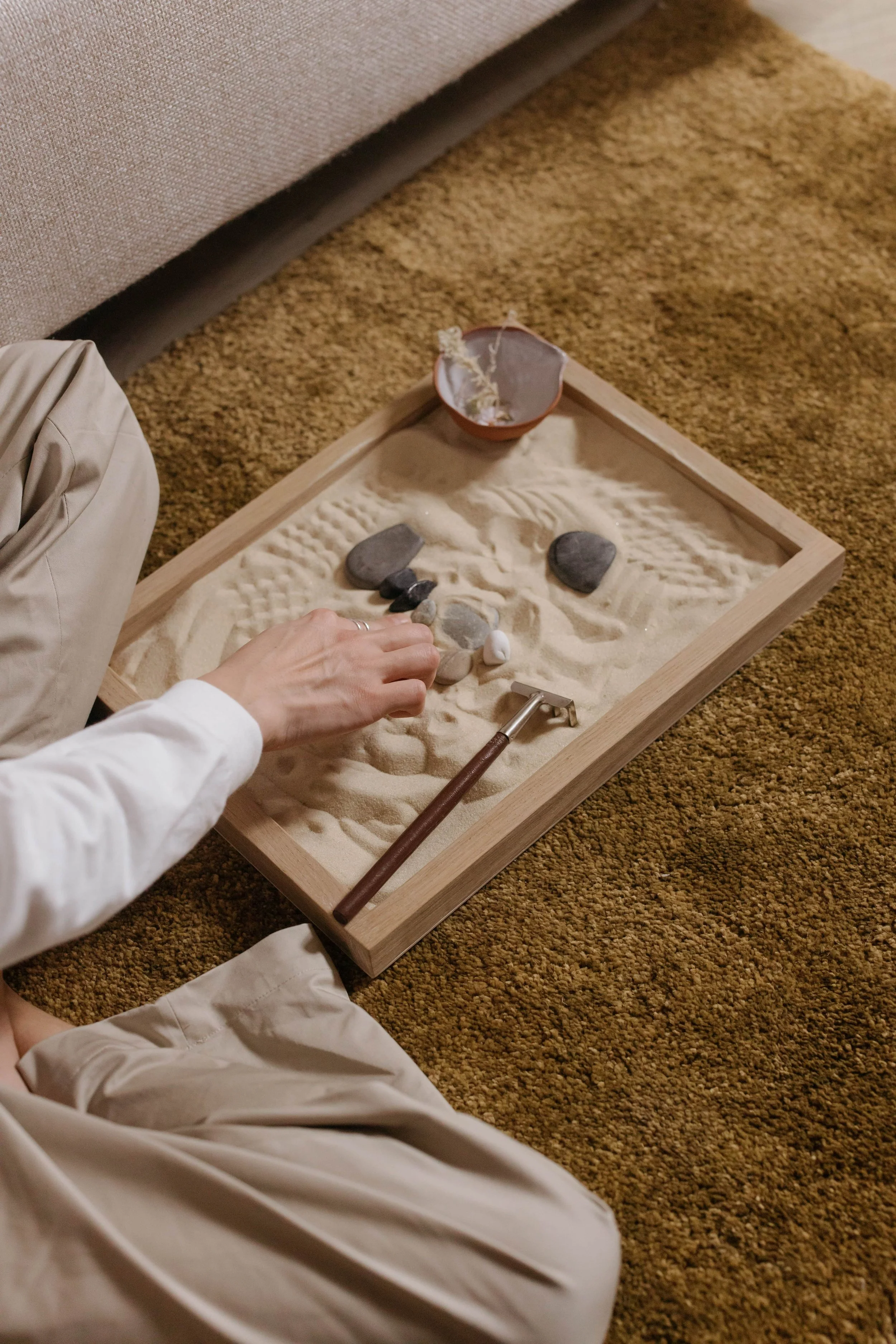Recreational Therapy: Enhancing Well-being through Recreation and Activity
What is Recreational therapy
Also referred to as therapeutic recreation, has emerged as a systematic process aimed at utilizing recreation and activity-based interventions. Its purpose is to cater to the assessed needs of individuals grappling with illnesses or disabling conditions. By incorporating a wide range of recreational activities, this approach aims to promote psychological and physical health, facilitate recovery, and enhance overall well-being.
Is Recreational Therapy Right For Me?
At the core of recreational therapy lies the understanding that engagement in enjoyable activities has the power to unlock immense therapeutic benefits. By embracing recreation as a means of intervention, professionals can effectively address the unique challenges faced by individuals navigating through various health conditions. The systematic process of recreational therapy begins with a comprehensive assessment, where trained professionals evaluate the specific needs and abilities of individuals. This step helps lay the foundation for creating personalized treatment plans that cater to each individual's requirements. By considering factors such as physical limitations, cognitive abilities, emotional needs, and personal interests, therapists can design activities that are both safe and meaningful.
One of the key advantages of recreational therapy is its ability to holistically target the mind, body, and spirit. By engaging in carefully selected activities, individuals can experience improvements in their psychological and emotional well-being. Recreation promotes positive emotions, reduces stress, and strengthens social connections, all of which contribute to enhanced mental health. Moreover, recreational therapy also plays a pivotal role in physical rehabilitation. Physical activities such as sports, exercise routines, and outdoor adventures can help individuals improve their strength, mobility, coordination, and overall physical functioning. These activities, combined with the guidance of skilled therapists, can support individuals in their journey towards recovery and regaining independence.
Recreational therapy
Is not limited to specific age groups or conditions. It encompasses a diverse range of activities, including but not limited to sports, arts and crafts, music, dance, gardening, horticulture, and leisure education. Each activity can be tailored to meet the unique needs and interests of the individuals involved. As the field of recreational therapy continues to evolve, ongoing research and evidence-based practices contribute to its effectiveness. Professionals constantly seek innovative ways to incorporate technology, adapt existing interventions, and introduce new strategies to improve outcomes for individuals receiving recreational therapy services. In summary, recreational therapy stands as a powerful tool in the pursuit of psychological and physical well-being. By harnessing the inherent benefits of recreation and activity-based interventions, individuals with illnesses or disabling conditions can experience a marked improvement in their quality of life. Through personalized assessments, tailored treatment plans, and a wide range of engaging activities, recreational therapists aim to empower individuals on their journey to recovery and well-being.
Skills & Offerings at OTT
Assessment
Planning how to meet individual needs (evidence-based)
Intervention facilitation
Evaluation of therapeutic goals addressed by intervention(s)
Documenting the entire process, as well as any related paperwork/forms.
Offerings are based on the client's interests and their therapeutic goals.
Reconnect with Life Reconnect clients with the activities and experiences they may have withdrawn from due to mental illness.
Introduce or reintroduce clients to activities and hobbies that they may continue to engage in as part of a healthy and fulfilling lifestyle after therapy concludes (Long-Term Lifestyle Changes).
Strengthen Resilience Engaging in recreational therapy can help individuals build emotional resilience and cope with mental illness symptoms.
Many recreational therapy techniques emphasize mindfulness, which encourages individuals to stay present in the moment. This can help clients manage intrusive thoughts and flashbacks while increasing their emotional regulation skills (Mindfulness and Grounding).
Healing through Recreation Emphasizes the therapeutic aspect of recreational activities for mental illness recovery.
While engaging in recreation/leisure, coping skills applicable to daily life are practiced. These skills clients manage distressing emotions, triggers, and symptoms outside of therapy sessions (Coping Skills).
Rediscover Joy and Peace Recreational therapy can help clients find happiness and tranquility amid the challenges of mental illness.
Engaging in enjoyable rec&leisure activities can create positive memories that give other options for the brain to pull into focus ( distress tolerance/happy place). - Positive experiences can contribute to a sense of hope and resilience (Positive Memories).
Certain recreational activities, such as progressive muscle relaxation or TRE, can help reduce hyperarousal symptoms commonly associated with trauma (Reduced Hyperarousal).
Empower Your Recovery Promotes the idea that engaging in recreational activities can be an empowering step toward healing.
Offers them choices and control over their activities. This sense of agency can be restorative, especially for those who have experienced a loss of control during traumatic events.
Provides a non-verbal and often non-threatening means for clients to express and process their emotions. This can be particularly useful for individuals who struggle with verbalizing their trauma.
